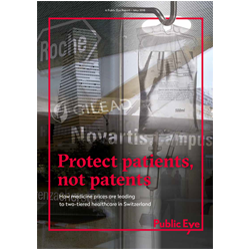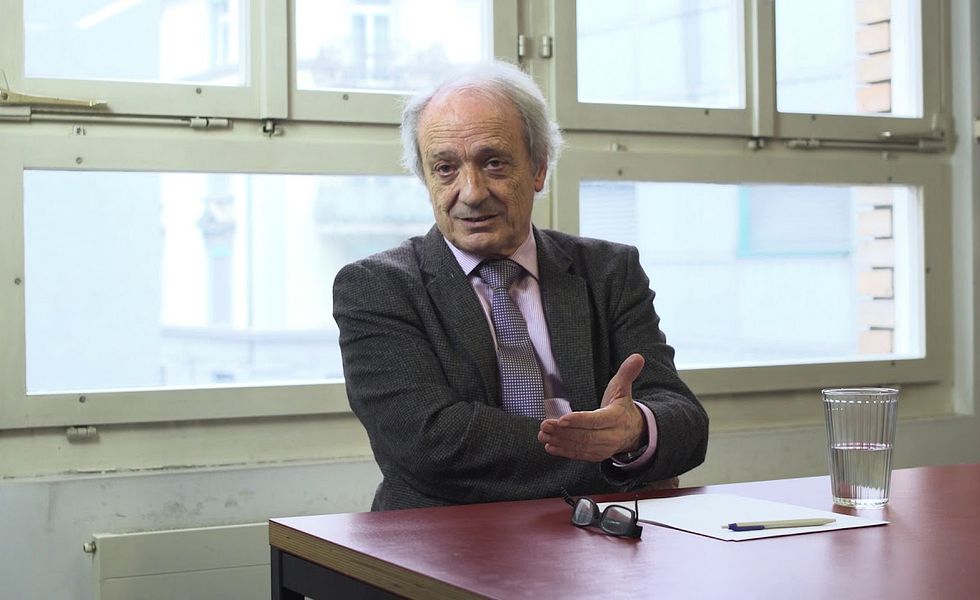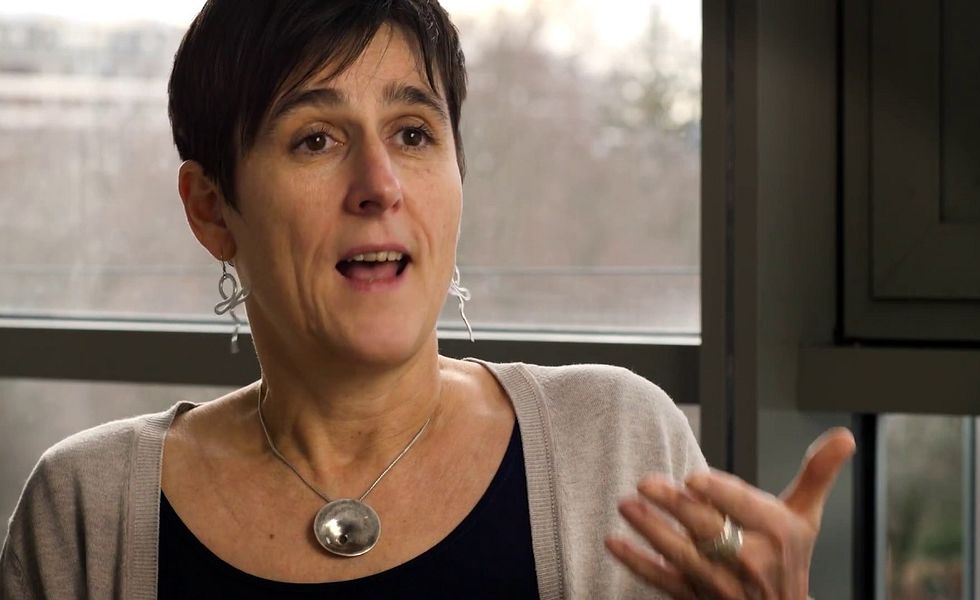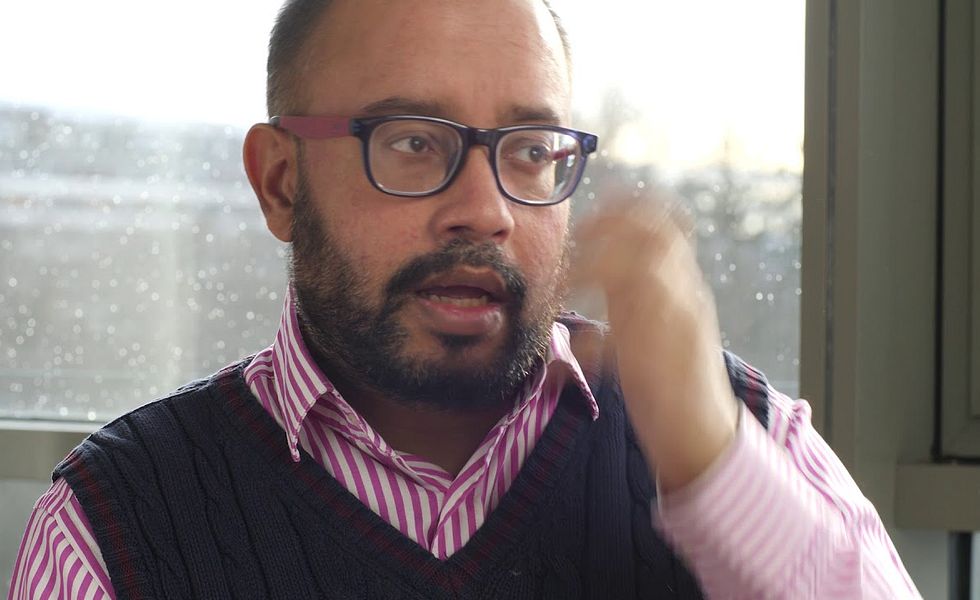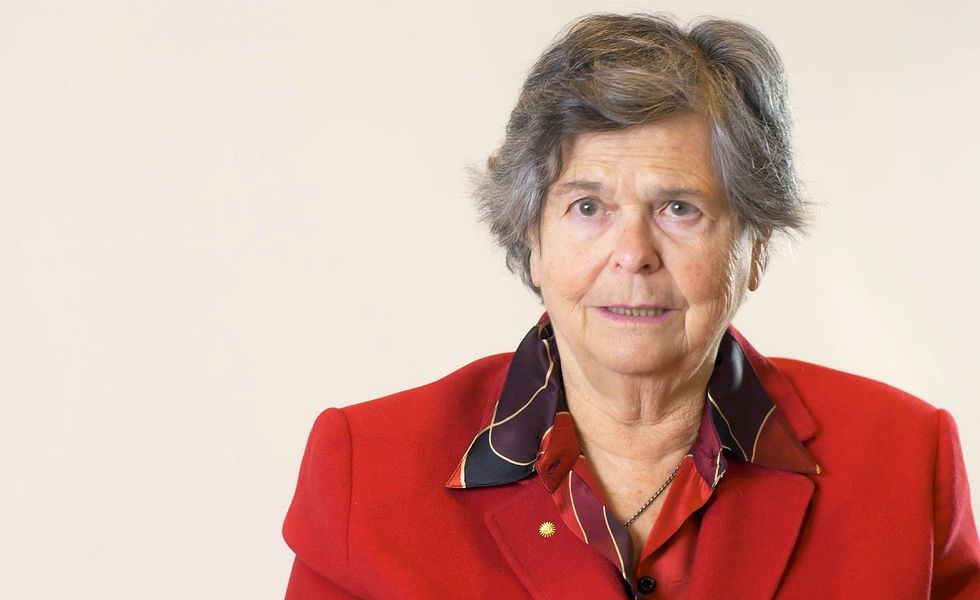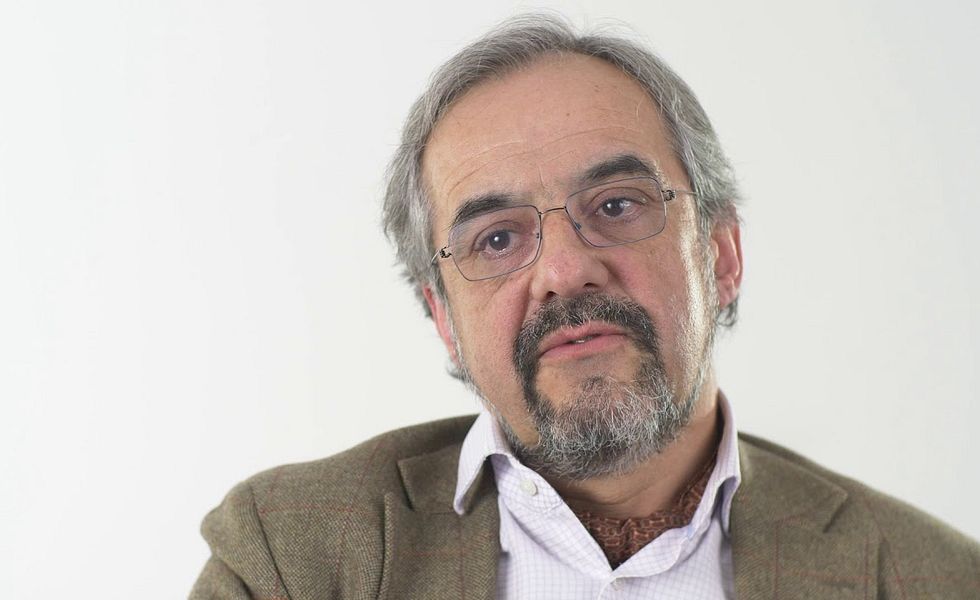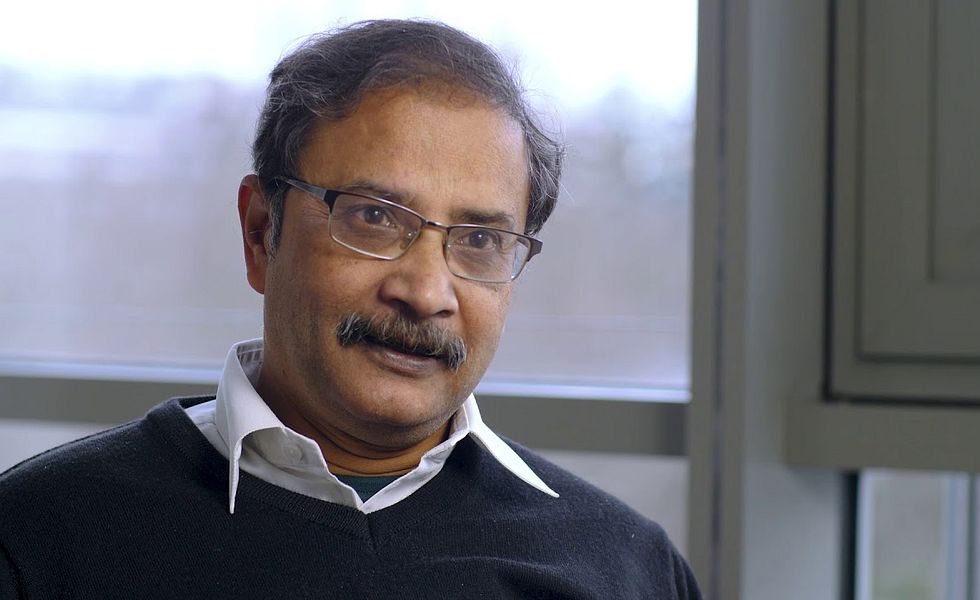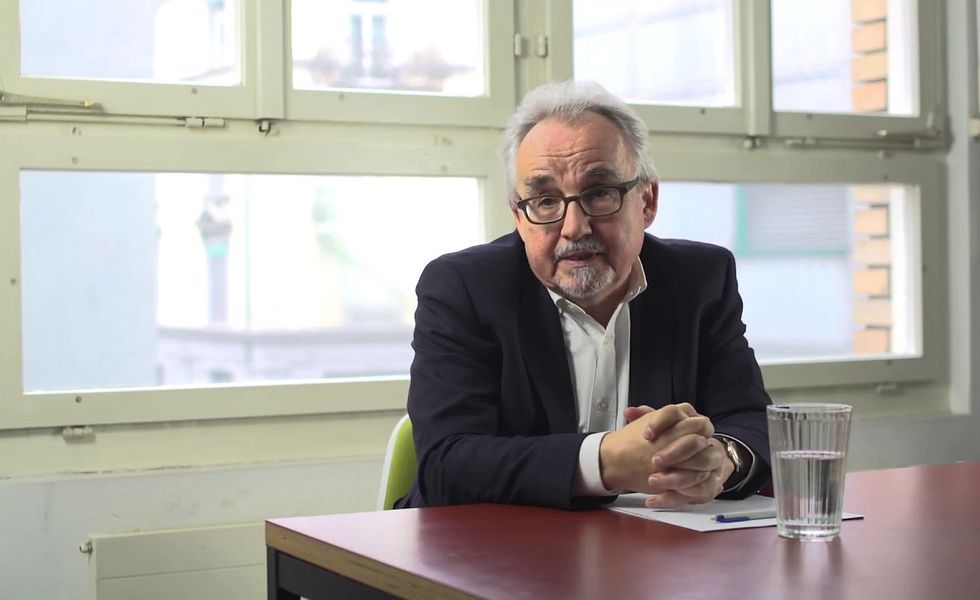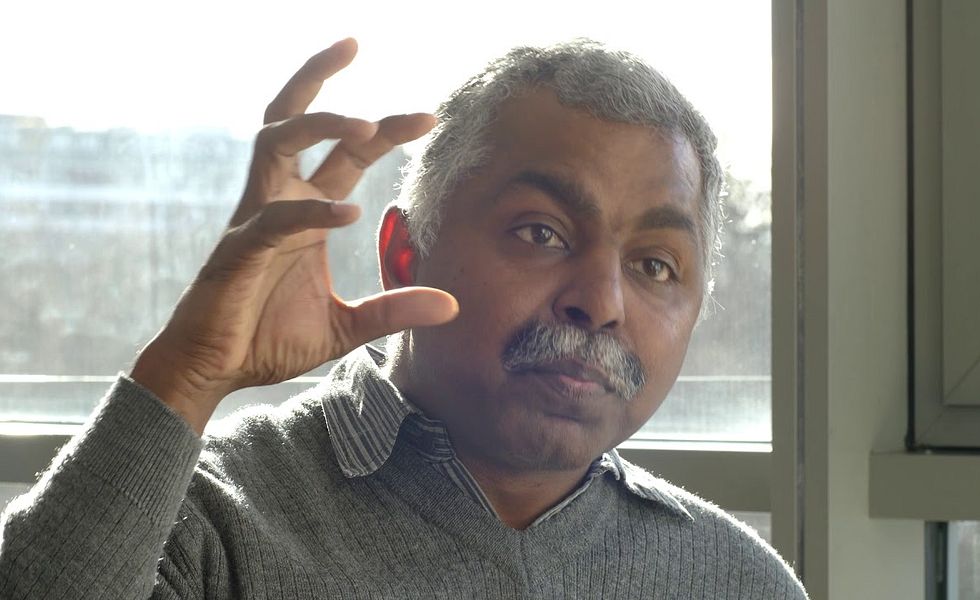"Protect Patients, Not Patents" Campaign

While the lack of access to vital medicines once mainly affected low- and middle-income countries, it is now also a major issue in rich countries such as Switzerland. Governments are powerless in the face of the omnipotence of the pharmaceutical giants. They fail to bring down prices in a significant manner and thus guarantee the right to health for their population. With regard to patented medicines in the context of a monopoly situation, the current state system of price controls is ineffective.
"I need 100,000 francs for a cancer drug". It was through this message of distress from a (fake) patient forced to beg for a chance to be cured that Public Eye exposed this real scandal, still little debated in pharma country. This, despite the explosion in health costs and health insurance premiums, a source of anxiety for a growing number of people in Switzerland. This symbolic action was carried out, and filmed, on the very upmarket Zurich Paradeplatz, then in front of the University Hospital CHUV in Lausanne, 'taking the pulse' of the population's opinion on this issue, encountering very varied reactions. Indifference and annoyance was the response in Paradeplatz, i.e., the most expensive street in the Swiss version of Monopoly; whereas in front of Lausanne's University Hospital, one of the main oncology hubs in the country, there was shared revolt. Our campaign also received a lot of reactions on social media. In order to gauge the feelings of deputies on the subject, we sent our fake beggar to the outskirts of the Federal Palace to question the members of the Swiss parliament.
Compulsory licensing: an effective tool to lower prices
Patents are one of the main causes of the explosion in the prices of medicine. Relying on monopoly and commercial exclusivity, pharmaceutical companies are able to set prices almost as they see fit. State control mechanisms are insufficient. Moreover, the real costs of research and development (R&D) remain one of the best kept secrets in the pharmaceutical industry, which invokes the sacrosanct concept of the 'trade secret' to its advantage. While Switzerland, for a long time, was a strong opponent of patents on pharmaceutical products, it now vehemently defends them.
As the host country of the pharma giants, i.e., Novartis and Roche, Switzerland has a special responsibility. Yet, instead of guaranteeing access to vital medicines for everyone, the Swiss government prefers to defend the interests of its pharmaceutical industry (which, together with the agrochemical sector, is responsible for nearly half of Swiss exports). Notably, in the context of the international negotiations around the implementation of the TRIPS Agreement, the Swiss government has been adopting a restrictive stance, exerting political and economic pressure on countries that try to exploit the flexibilities provided for in these agreements on Swiss medicines.
Compulsory licensing is the most effective tool, in the current system, to bring down prices and ensure access for everyone to life-saving medicines. It allows a third party (e.g., a generic manufacturer) to produce and market a similar product despite the existence of a patent. However, compulsory licensing is also subject to aggressive disinformation campaigns and diplomatic pressure, since it threatens the financial interests of pharmaceutical companies.
The 'Protect Patients, Not Patents' report (2018), the fruit of research conducted by Public Eye, explains everything you need to know about the excessive prices of medicines, the problematic business model of the pharmaceutical industry, as well as what are effective solutions to address it.
While cancer is one of the leading causes of death worldwide, the prices of treatment have skyrocketed. In Switzerland, anticancer drugs account for a significant share of the health costs linked to medicines. It has become common for a treatment to cost more than 100,000 francs per year per person. Notably, the report examined the combination of two anti-cancer drugs from Basel giant Roche: Herceptin (more than 70 billion francs in revenue since its launch) and Perjeta, introduced in 2012 and whose cost-effectiveness was considered disadvantageous. Roche markets 3 out of 4 anticancer drugs against this type of breast cancer (HER2+) and has a dominant position in this sector.
Thus, Public Eye has called on the Federal Council to exploit, in Switzerland, the instrument of compulsory licensing and to stop all pressure on states that intend to take this step.
Deconstructing the myths around compulsory licensing
Governments of rich countries do not hesitate to discredit compulsory licensing by spreading false truths. For example, they claim that compulsory licensing is equivalent to a patent expropriation, that it leads to a decline in investment or that it is justified only in cases of emergency or extreme situations.
In reality, compulsory licensing is not a disproportionate instrument because the patent concerned remains in force. Moreover, the patent holder receives financial compensation (in the form of royalties) and can also continue to market its product.
Pharmaceutical companies, and the countries that host the largest of them, often claim that compulsory licensing hampers innovation and investment in R&D. However, this effect is not demonstrated, and nor is the claim that patents stimulate innovation. On the contrary, the experience of several countries that often – and sometimes over long periods – used compulsory licensing (such as Canada and the United States) did not show any decline in innovation. Moreover, this experience sometimes even showed an increase in investment in R&D. In the same way, there is no evidence to say that compulsory licensing jeopardizes foreign direct investment.
Compulsory licencing would provide the Swiss government with great flexibility. The use of this legal and legitimate instrument in pharma country would not only guarantee the sustainability of the Swiss health system, but would also send a clear signal at the international level, encouraging other countries to do the same. This would pay the way for access to vital medicines for millions of people.
Many Swiss and international experts 'prescribe' compulsory licensing to combat the abusive pricing of medicines. They also ask the Swiss government to address the core issue. Let's give them the floor.
Expert opinion:
Public Eye asks for a compulsory license in Switzerland
More than 33,000 people supported our collective call, asking for the Federal Council to commit against exorbitant medicine prices and to use compulsory licensing when the situation requires it. In September 2018, Public Eye submitted these signatures to the Federal Department of Home Affairs (FDHA).
In order to encourage the Minister of Health to act, in January 2019 Public Eye took an unprecedented step, by drafting an application for a compulsory license on Perjeta by Roche, a very lucrative breast cancer medicine. In an open letter, the NGO encouraged Alain Berset to file this application with the Federal Patent Court.
Almost three months after submitting our request for compulsory licensing to lift the monopoly on Perjeta due to its excessive price, in April 2019 we received the negative reply from the Minister of Health. Although not surprising, what was staggering was the laconic form of the reply and the total absence of effort to engage in any discussion. However, there remain plenty of challenges to address: how do our authorities intend to intervene in the face of obvious abuses in price fixing (rebalancing of forces)? How can the price of a drug be set without knowing the actual investments made (transparency)? Once again, Bern remains silent.
Public Eye will continue to advocate for the use of compulsory licensing, a legal, appropriate and effective tool to combat abusive pricing.
-
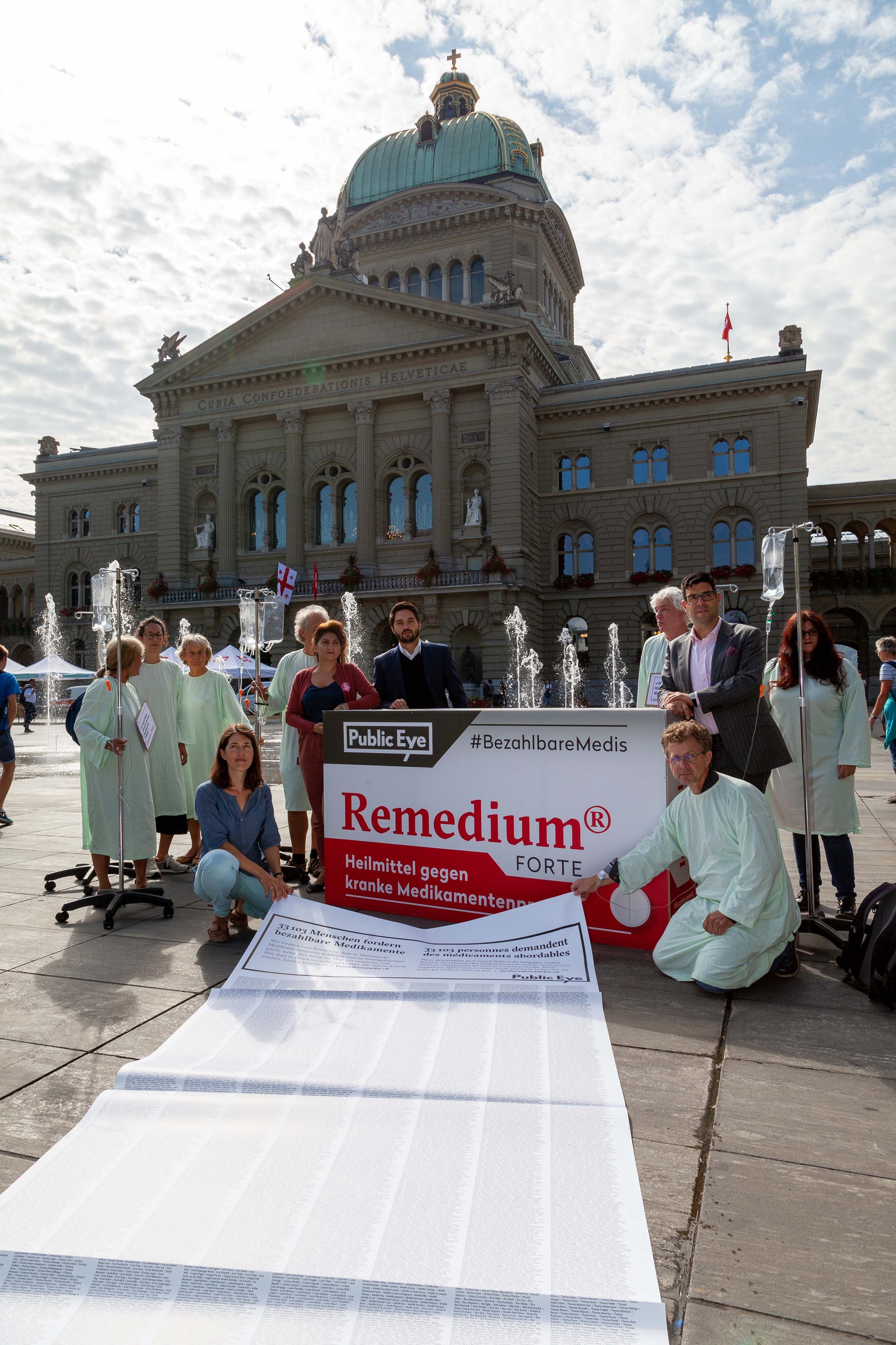 ©
Sebastien Gerber
©
Sebastien Gerber
-
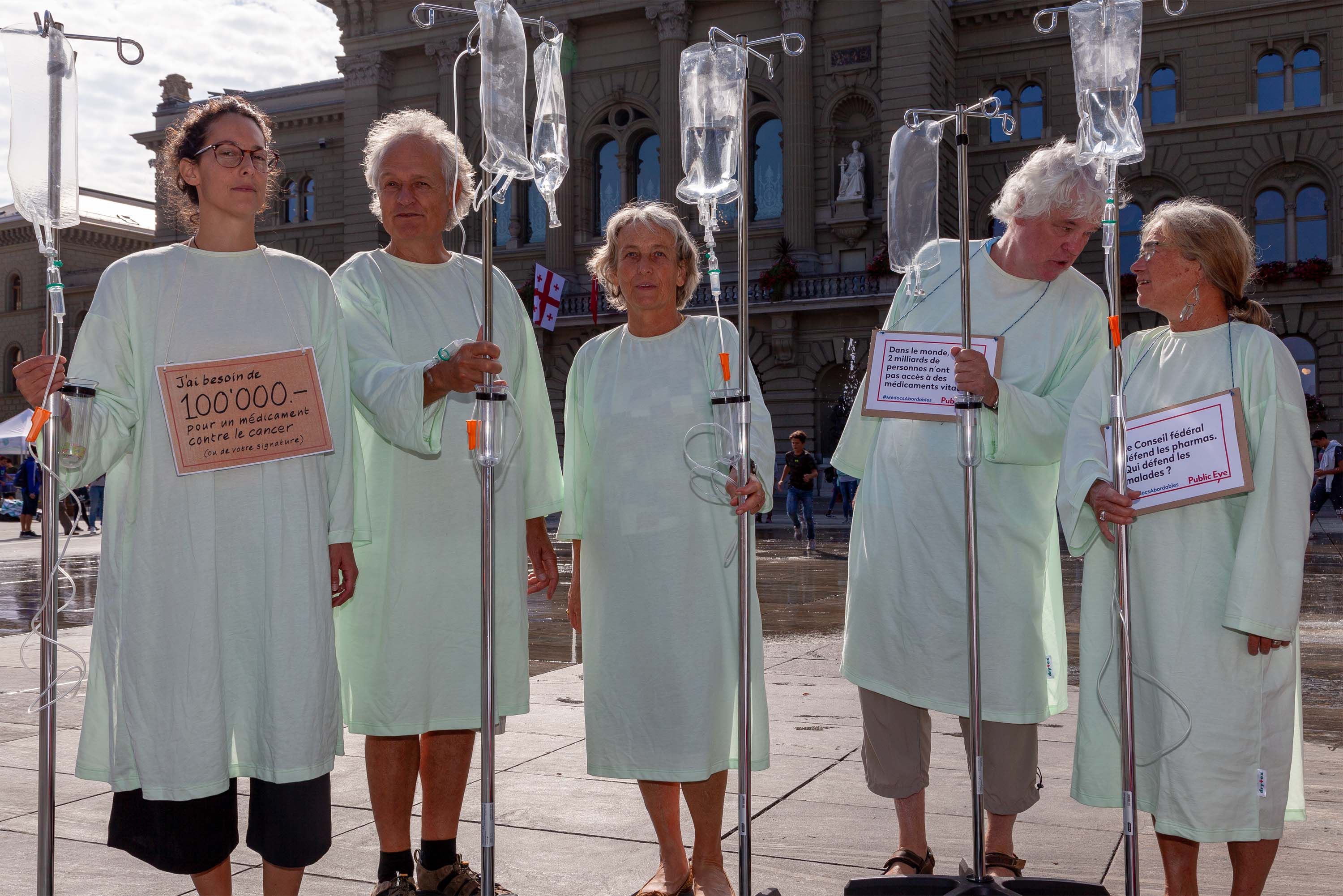 ©
Sebastien Gerber
©
Sebastien Gerber
-
 ©
Sebastien Gerber
©
Sebastien Gerber


